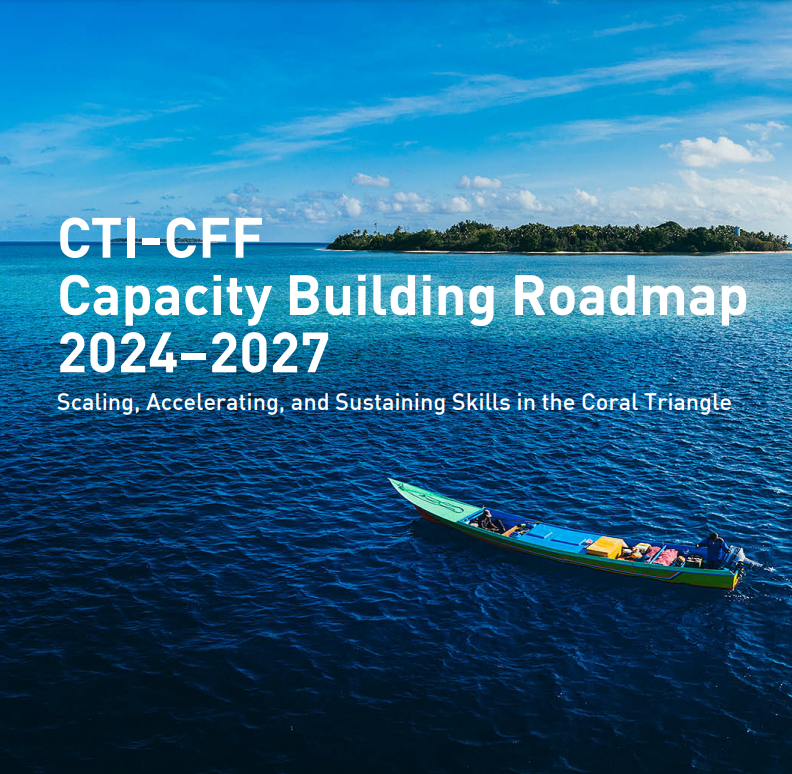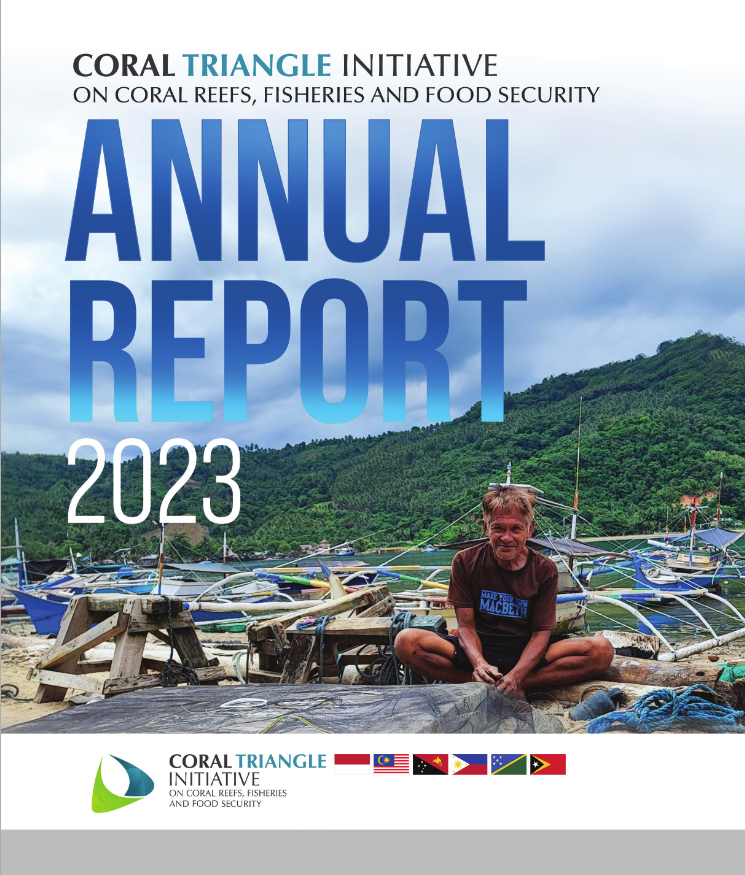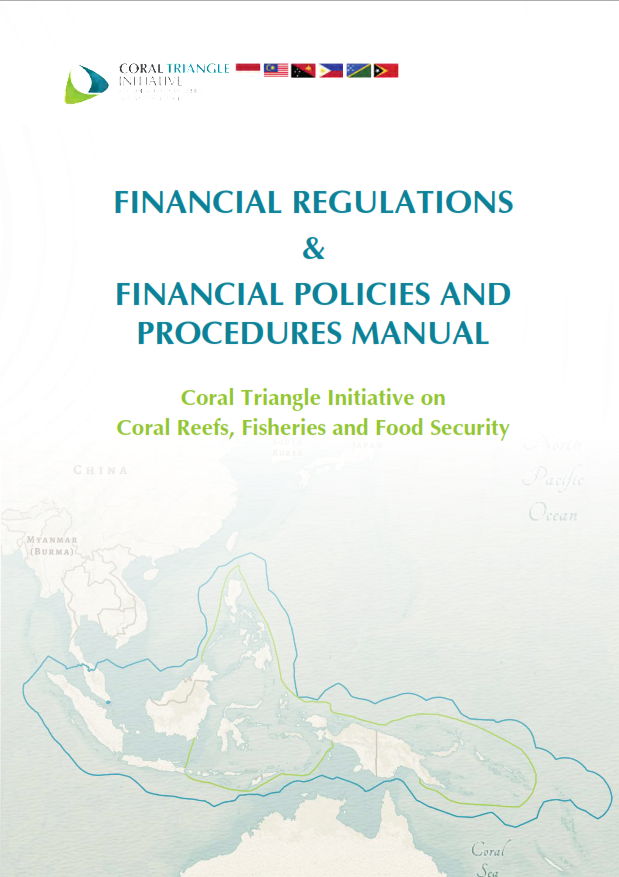Malaysia, Partners Move Ahead on Climate Work
The CTI-CFF National Secretariat of Malaysia (CTI-Malaysia), its Sabah Branch, and their partners successfully completed the training of 43 trainers on climate change adaptation last January.
The workshop, held on January 27-28 in Putrajaya, involved the use of a climate change adaptation (CCA) toolkit that includes the Coastal Integrity Vulnerability Assessment Tool (CIVAT) and Tool for Understanding Resilience in Fisheries (TURF).
CIVAT is used to assess the vulnerability of coastal areas to climate impacts such as beach erosion and sea level rise, while TURF is used to determine the climate vulnerability of coastal fisheries in the tropics. Both tools were developed by the University of the Philippines Marine Science Institute with support from the U.S. Government as part of its assistance to the CTI-CFF.
Twenty-six agencies were represented in the workshop, which was funded by Malaysia’s Ministry of Science, Technology and Innovation (MOSTI) to support Goal 4 on CCA of the CTI-CFF Regional Plan of Action.
Malaysia’s CCA Technical Working Group (TWG) is planning to conduct a similar workshop at the state level at the end of this year and subsequently a seminar at the national level in order to more widely share their experience in the application of the toolkits.
In a related development, the Universiti Malaysia Sabah (UMS) Borneo Marine Research Institute and Sabah Parks spearheaded the application of a climate change adaptation (CCA) guide developed under CTI-CFF in a workshop series to assess the climate vulnerability of communities in Tun Sakaran Marine Park and the proposed Tun Mustapha Park in Sabah, Malaysia.
Called “Climate Change Adaptation for Coral Triangle Communities: Guide for Vulnerability Assessment and Local Early Action Planning,” the guide was developed under the direction of the CTI-CFF CCA Technical Working Group and piloted in 2012 in communities throughout the Coral Triangle.
Working with various partners, UMS and Sabah Parks have conducted two workshops involving communities and various government agencies in Semporna and another workshop in Kota Marudu.
The first workshop, held in September 2013, included 11 participants from various agencies involved in the management of Tun Sakaran Marine Park and small islands around Semporna. It was organized by UMS, CTI-Malaysia and WWF-Malaysia to generate preliminary information on climate vulnerability of communities in the Semporna Priority Conservation Area.
The second workshop was undertaken at the community-level with villagers from Selakan Island, one of eight islands located within the Tun Sakaran Marine Park. Held in November 2013, this workshop was jointly organized by Sabah Parks, UMS, WWF-Malaysia and other partners, including Ni Jaga KoK Pahika and Semporna Islands Project.
The third workshop, held in December 2013, was also a community-level workshop involving 27 participants from villages around Marudu Bay in the proposed Tun Mustapha Park. It was organized by UMS and Sabah Parks in cooperation with CTI-Malaysia, Sabah State Government, Asian Development Bank and MOSTI.
The outputs of these workshops will be used to develop early action plans on CCA for Semporna and Kota Marudu. The Guide will also be used to develop similar plans for other areas in Sabah.
Also in December, UMS and Sabah Parks worked with ADB (RETA 7813), CTI-Malaysia, MOSTI and the Kota Marudu District Office of the Sabah State Government on a public awareness campaign to generate support for the inclusion of Marudu Bay in the proposed Tun Mustapha Park. About 160 villagers turned up to participate in a beach cleanup activity led by the organizers, while 36 marine science students joined a field trip on marine pollution and coastal processes. (with reporting from Ejria Saleh, UMS/CTI-Sabah)



